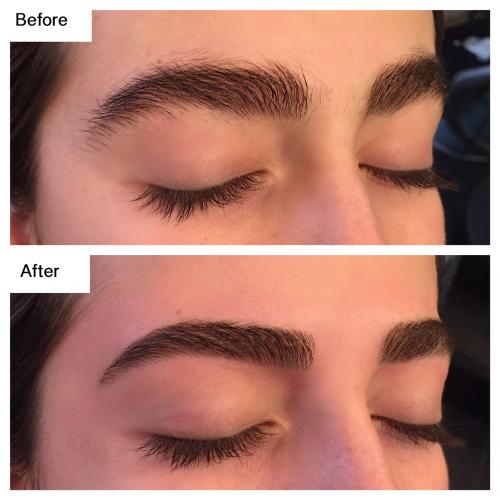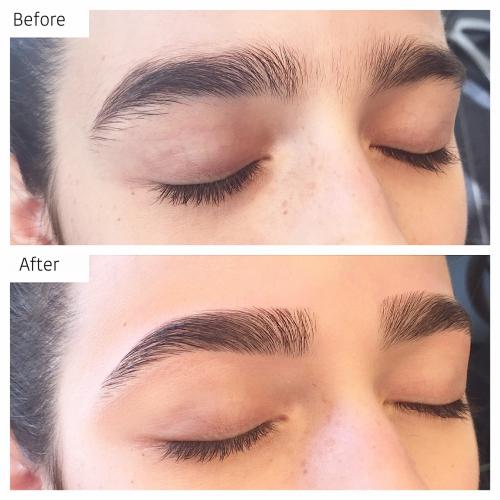To Buy Advair Online Visit Our Pharmacy ↓

Advair, a combination medication containing fluticasone and salmeterol, works to alleviate respiratory issues, making it an invaluable ally for athletes prone to asthma or exercise-induced bronchoconstriction (EIB). Fluticasone, a corticosteroid, reduces inflammation within the airways, while salmeterol, a long-acting beta2-adrenergic agonist (LABA), relaxes the airway muscles to ease breathing. This dual-action therapy can be a critical component in an athlete's regimen, aiding to maintain optimal lung function and potentially improving performance.
Athletes relying on Advair may notice enhanced breathing capacity and reduced symptoms, granting them the ability to train harder and longer. By controlling respiratory inflammation and preventing airway constriction, this medication empowers athletes to focus on their sport without the added strain of breathing difficulties. As consistent lung function is fundamental for peak athletic performance, incorporating Advair under medical supervision could be transformative for those hindered by respiratory challenges.
The Science Behind Advair and Improved Lung Function
Advair contains two active ingredients: fluticasone, a corticosteroid, which reduces inflammation in the lungs, and salmeterol, a long-acting beta2-adrenergic agonist (LABA) that helps to relax and open air passages in the lungs. This combination targets both the chronic inflammation and bronchoconstriction associated with asthma and other respiratory conditions. By mitigating these two key factors, Advair enhances overall lung function, allowing athletes to breathe more easily and efficiently during exercise.
The improved lung function is crucial for athletes requiring optimal oxygen intake for high-level performance. Regular use of Advair as prescribed can lead to less shortness of breath and wheezing, improving exercise tolerance. Additionally, a well-managed asthma condition prevents the unexpected onset of symptoms that can impair respiratory function and athletic performance. Therefore, incorporating Advair into an athlete's management plan can be a pivotal strategy in maintaining peak respiratory health during training and competition.
Designing an Exercise Program While on Advair
When incorporating Advair into an athletic regimen, it’s critical to tailor exercise programs to accommodate both the individual’s respiratory condition and the medication's action. A well-structured plan should begin with a thorough assessment by a healthcare professional to determine the athlete's baseline lung function. From there, workouts can be progressively designed with a mix of aerobic exercises to enhance cardiovascular fitness and breathing techniques that can help in maximizing the benefits of improved airway function from Advair.
The exercise intensity and duration should be progressively monitored and adjusted in response to the athlete's tolerance and improvement in symptoms. Incorporating rest days is essential to allow the body to recover, especially since Advair can mask fatigue due to improved breathing. Athletes should be educated on recognizing their body's signals and the importance of not pushing beyond safe limits, as the medication works to prevent asthma attacks but doesn’t substitute the need for regular conditioning and prudent exercise pacing. Collaboration with respiratory therapists and fitness trainers experienced with asthmatic athletes can further optimize an exercise program that complements Advair therapy.
Real Athletes, Real Stories: Advair Success Cases
Numerous athletes have harnessed the benefits of Advair to manage their asthma and enhance their performance. Stories abound of runners and swimmers who, once hindered by frequent asthma attacks, have seen significant improvements in their breathing and endurance while using this medication. One such example is a middle-distance runner who reported that after starting on Advair, they were able to train harder and recover faster, ultimately shaving seconds off their personal best. These testimonials highlight the transformative impact Advair can have on an athlete's career, turning the tide from managing symptoms to optimizing performance.
The narrative of a collegiate soccer player also stands out. Previously benched during high pollen seasons, Advair allowed her to maintain peak lung function and remain a key player all season long. These success stories don't just emphasize the efficacy of the drug; they also underscore the importance of personalizing asthma management. Athletes who have incorporated Advair into their treatment regimens often stress that it not only restored their competitive edge but also gave them a newfound confidence in their physical capabilities, redefining what it means to excel in their sport with asthma.
Managing Asthma: When to Use Advair Pre-workout
Advair, a combination of an inhaled corticosteroid and a long-acting beta-agonist, is often prescribed to manage asthma symptoms and prevent asthma attacks. For athletes who experience exercise-induced bronchoconstriction (EIB), using Advair as a pre-workout measure can be crucial. It is typically recommended to take Advair at least 30 minutes to an hour before exercise to ensure optimal lung function during physical activity. This window allows the medication to reach effective levels, reducing the risk of asthma-related symptoms during exercise.
However, the exact timing can vary depending on individual response and the specific instructions of a healthcare provider. Athletes should work closely with their doctors to determine the best schedule for their Advair doses in relation to their training programs. Moreover, it is important not only to consider the timing of Advair usage but also to recognize the importance of regular adherence to the prescribed treatment plan, as consistent use maximizes the therapeutic benefits and maintains stable lung function.
Advair Side Effects: Staying Safe during Intense Training
As with any medication, Advair comes with the potential for side effects, which athletes should be well aware of during their training. Some common side effects include headaches, dizziness, and fungal infections in the mouth and throat. More serious side effects, though rare, such as chest pain, increased heart rate, and tremors, can specifically impact an athlete's performance and overall health. It's crucial for athletes to stay vigilant for any adverse effects and to maintain open communication with their healthcare provider about their symptoms and training regimen.
To minimize risks during intense training, athletes using Advair should adopt safety measures. Rinsing the mouth with water after inhalation can help prevent oral infections, one of the more common side effects. Additionally, athletes should be educated about the importance of pacing their training sessions and watching out for any unusual symptoms like worsening breathing problems or signs of an allergic reaction. Immediate medical attention should be sought if serious side effects are experienced. Adhering to these guidelines will help athletes stay safe while striving to maximize their lung function and athletic performance.
Before & After
Testimonials
Read out what our customers say about our services.
Read Testimonials
Join Our VIP List
Great News!
Comming soon our new location in Fort Worth (Alliance area)
3529 Heritage Trace Parkway, Suite 163
Fort Worth, TX 76244
Sign up now to join our VIP list and receive coupons












